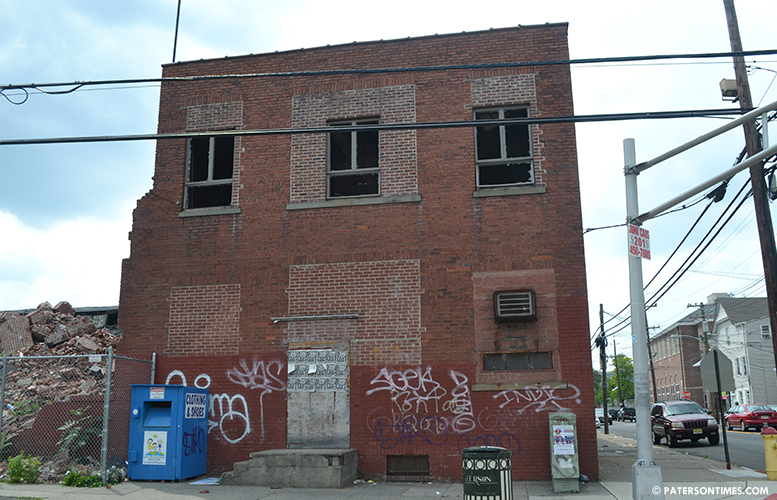The New Jersey Sierra Club on Tuesday afternoon denounced an initiative that could potentially saddle the city with a waste-to-energy plant that it says is environmentally unsound.
“The city of Paterson has enough toxic sites and enough air pollution. To open up a bidding process to build incinerators in Paterson makes absolutely no sense,” Jeff Tittel, director of the New Jersey Sierra Club, said. “Whether you have a bidding process or not, this will be bad for Paterson and bad for the environment.”
On Tuesday evening, the city council voted to approve a resolution to seek proposals to construct a waste-to-energy facility in the city. Two firms have been lobbying city officials to build waste facilities that they say are green.
Pennsylvania-based Delta Thermo Energy (DTE) and Parsippany-based WSI Management both want to construct plants in the city. However, mayor Jose “Joey” Torres has come out against DTE calling its ostensibly clean facility nothing more than an incinerator.
“They say these things are 99% clean, but the one percent has dioxin, arsenic, lead, hydrogen cyanide, and other toxins. They say it is cleaner but they cannot remove everything. An incinerator by any other name still creates health impacts,” Tittel said.
“They are blowing their horn all over the eastern seaboard,” said Matthew Linda, vice-president of WSI Management, about the club. He said his $100 million proposed plant would put people to work by creating jobs and training local residents. He said he doesn’t know why the club opposes waste-to-energy facilities considering they require New Jersey Department of Environmental Protection permits to operate.
A municipal solid waste project could lock the city in a contract where it will have to provide certain amount of waste per month, according to the club. This could raise the specter of waste being hauled from outside the city to make up the quota.
The city, like San Francisco and New York, should be aiming to reduce waste stream and not feed an incinerator facility. San Francisco has set a goal of zero waste by 2020 and New York is targeting to cut waste by 90-percent by 2030.
Those cities have been cutting waste through programs that reduce food waste, curb plastic bag usage, and support reusable products. Eliminating waste should be the goal not crafting new disposal methods, according to the group.
Waste facilities can emit chemicals like nitrous oxide and sulfur oxide, arsenic, cadmium, lead, and beryllium, greenhouse gases, and toxic ash that could adversely impact residents’ health.
Heavy truck traffic and diesel pollution around the complex as well as odor associated with transport and processing of the waste will negatively impact neighborhoods, according to the club.
The plant will produce carbon pollution and combustion at the facility will add to greenhouse gas burden that’s already overwhelming climate stability.
The technology proposed DTE is yet unproven on a large scale in the United States. The company runs a test facility in Atlantic County to process 10 pounds of garbage per day. Robert Van Naarden, DTE’s owner, has stated facility he’s proposing for Paterson would handle 205 tons of garbage daily.
Atlantic County is not seeking a large project with the company. The club said this will make the city a “guinea pig” raising concerns about technical failures at the plant. Van Naarden’s company unsuccessfully attempted to build a facility in Allentown, Pennsylvania which is tied up in the court.
Van Naarden is proposing a $45 million facility in the city. He is looking at a site on Madison and 3rd Avenue (pictured). His presentation resulted in Andre Sayegh, 6th Ward councilman, bringing forth the resolution in support of a waste-to-energy facility in the city.
Alex Mendez, councilman, at-large said he has already received calls from area residents about a potential waste facility being located in the area. He clarified that the resolution — approved by a majority of the council — merely seeks proposals and does not approve construction of any plants.
With a large minority population and almost 27-percent of its residents under the poverty line, according to Census Bureau’s 2006-2010 American Community Survey, the waste-to-energy project is an environmental justice issue, according to the club.
“If this was Upper Montclair, Wayne or Short Hills, we would not even be having this conversation. No one would be building a waste energy incinerator, except an environmental justice community. That is why existing incinerators are in places like Camden, Newark, and Rahway, not in the suburbs or wealthy communities,” Tittel said.
Jayed Rahman contributed to this story.



